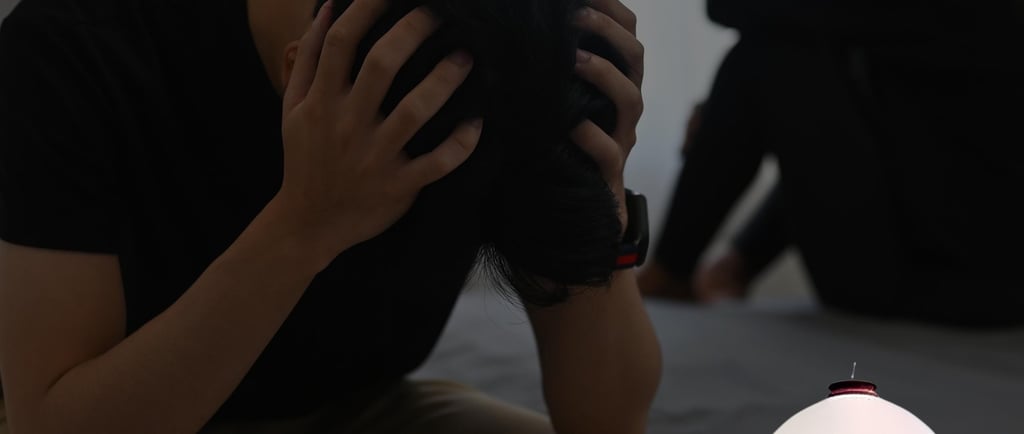“Breakup Alone Does Not Constitute Grounds for Rape Charges: Supreme Court”
Supreme Court on Wednesday quashed a rape case against a man, emphasizing that a prolonged relationship between the complainant and the accused indicated consent. The Court ruled that a mere breakup of a consensual relationship cannot lead to criminal proceedings against the man. This decision was made in the case Prashant v. State of NCT of Delhi, heard by a Bench comprising Justice BV Nagarathna and Justice N Kotiswar Singh.
11/21/20242 min read


Supreme Court Quashes Rape Case, Citing Consent in Prolonged Relationship
The Supreme Court on Wednesday quashed a rape case against a man, emphasizing that a prolonged relationship between the complainant and the accused indicated consent. The Court ruled that a mere breakup of a consensual relationship cannot lead to criminal proceedings against the man. This decision was made in the case Prashant v. State of NCT of Delhi, heard by a Bench comprising Justice BV Nagarathna and Justice N Kotiswar Singh.
The Court highlighted that it was inconceivable for the complainant to maintain a prolonged physical and emotional relationship with the accused without her voluntary consent. “A consensual relationship at its initial stages cannot be retroactively construed as criminal simply because it did not culminate in marriage,” the Bench observed.
The complainant had filed an FIR in 2019, alleging that the accused sexually abused her under the false pretext of marriage. She also claimed the accused coerced her into continuing the relationship by threatening to harm her family. The man was booked under Sections 376(2)(n) (repeated rape) and 506 (criminal intimidation) of the Indian Penal Code (IPC).
While the Delhi High Court had dismissed his plea for quashing the case, the Supreme Court took a different view. It noted that the complainant voluntarily disclosed her residential address to the accused, contradicting her claims of coercion. The Court expressed doubt over her allegations, stating it was improbable for the accused to ascertain her address without her providing the information willingly.
The Court further observed that the relationship between the parties was cordial and consensual, and the complainant’s claims of coercion were unsubstantiated. It concluded that the complainant did not engage in the relationship solely due to promises of marriage.
Taking into account that both parties had moved on with their lives and were now married to other individuals, the Supreme Court deemed it appropriate to quash the case against the accused.
The Bench was represented by advocates Dr. Sunil Kumar Agarwal, Nikhil Tyagi, Atul Agarwal, Rakesh Kumar Khare, Kirti Sharma, and Amita Agarwal for the appellant. Additional Solicitor General Vikramjit Banerjee, along with advocates Mukesh Kumar Maroria, Ajay Kumar Prajapati, Ayush Anand, Annirudh Sharma, and Veer Vikrant Singh, appeared for the NCT of Delhi
